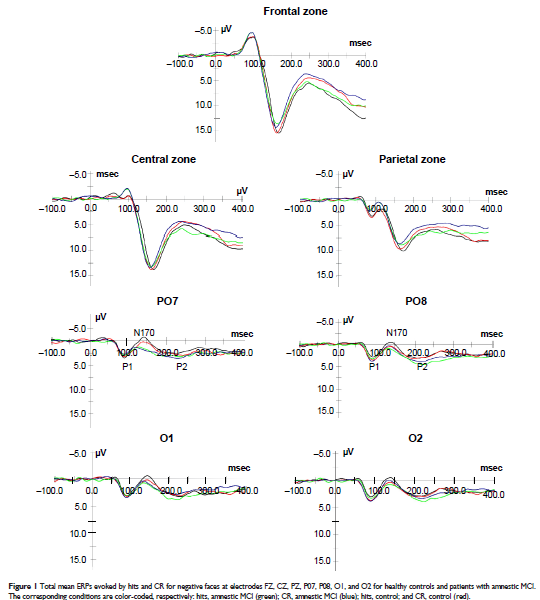109669
论文已发表
注册即可获取德孚的最新动态
IF 收录期刊
- 3.4 Breast Cancer (Dove Med Press)
- 3.2 Clin Epidemiol
- 2.6 Cancer Manag Res
- 2.9 Infect Drug Resist
- 3.7 Clin Interv Aging
- 5.1 Drug Des Dev Ther
- 3.1 Int J Chronic Obstr
- 6.6 Int J Nanomed
- 2.6 Int J Women's Health
- 2.9 Neuropsych Dis Treat
- 2.8 OncoTargets Ther
- 2.0 Patient Prefer Adher
- 2.2 Ther Clin Risk Manag
- 2.5 J Pain Res
- 3.0 Diabet Metab Synd Ob
- 3.2 Psychol Res Behav Ma
- 3.4 Nat Sci Sleep
- 1.8 Pharmgenomics Pers Med
- 2.0 Risk Manag Healthc Policy
- 4.1 J Inflamm Res
- 2.0 Int J Gen Med
- 3.4 J Hepatocell Carcinoma
- 3.0 J Asthma Allergy
- 2.2 Clin Cosmet Investig Dermatol
- 2.4 J Multidiscip Healthc

已发表论文
轻度认知功能障碍患者的面部表情识别障碍: 行为和电生理证据
Authors Yang L, Zhao X, Wang L, Yu L, Song M, Wang X
Received 20 March 2015
Accepted for publication 18 May 2015
Published 5 August 2015 Volume 2015:11 Pages 1973—1987
DOI http://dx.doi.org/10.2147/NDT.S85169
Checked for plagiarism Yes
Review by Single-blind
Peer reviewer comments 3
Editor who approved publication: Professor Wai Kwong Tang
Abstract: Amnestic mild cognitive impairment (MCI) has been conceptualized as a transitional stage between healthy aging and Alzheimer’s disease. Thus, understanding emotional face recognition deficit in patients with amnestic MCI could be useful in determining progression of amnestic MCI. The purpose of this study was to investigate the features of emotional face processing in amnestic MCI by using event-related potentials (ERPs). Patients with amnestic MCI and healthy controls performed a face recognition task, giving old/new responses to previously studied and novel faces with different emotional messages as the stimulus material. Using the learning-recognition paradigm, the experiments were divided into two steps, ie, a learning phase and a test phase. ERPs were analyzed on electroencephalographic recordings. The behavior data indicated high emotion classification accuracy for patients with amnestic MCI and for healthy controls. The mean percentage of correct classifications was 81.19% for patients with amnestic MCI and 96.46% for controls. Our ERP data suggest that patients with amnestic MCI were still be able to undertake personalizing processing for negative faces, but not for neutral or positive faces, in the early frontal processing stage. In the early time window, no differences in frontal old/new effect were found between patients with amnestic MCI and normal controls. However, in the late time window, the three types of stimuli did not elicit any old/new parietal effects in patients with amnestic MCI, suggesting their recollection was impaired. This impairment may be closely associated with amnestic MCI disease. We conclude from our data that face recognition processing and emotional memory is impaired in patients with amnestic MCI. Such damage mainly occurred in the early coding stages. In addition, we found that patients with amnestic MCI had difficulty in post-processing of positive and neutral facial emotions.
Keywords: event-related potential, emotion, recognition memory, amnestic mild cognitive impairment, faces
Keywords: event-related potential, emotion, recognition memory, amnestic mild cognitive impairment, faces
